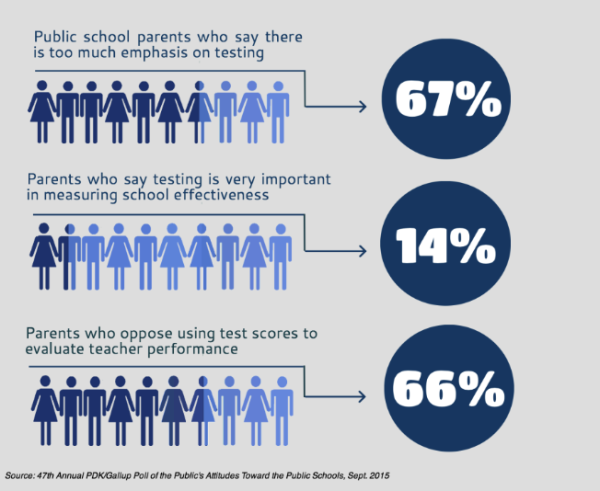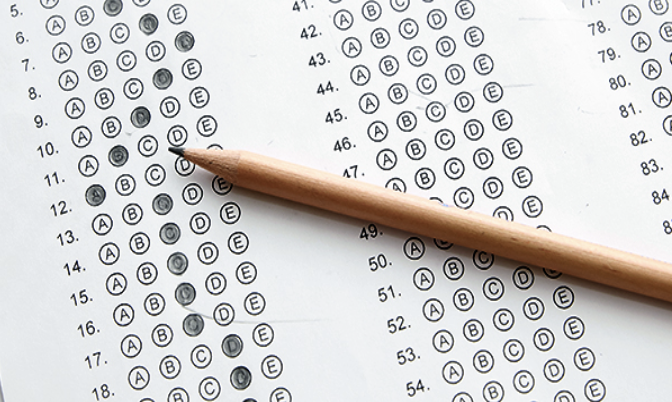The effectiveness of standardized testing in evaluating a student’s fit to an institution is debated in today’s educational system. Many have differing opinions on this issue, and there is no exact answer that exists to suit everyone’s choice. However, the following are a few arguments against the use of standardized testing for assessing a student’s fit to an institution: Standardized tests typically evaluate only the English and Math subjects, which is damaging considering this may not capture a student’s strengths in other subjects such as arts, history, or science. Students are often talented in other fortes, so when only measuring two topics, the outcome may not accurately reflect their potential and capabilities. All students simply have their own unique abilities that can not be completely measured through standardized testing. Therefore, the limitation of standardized testing in only covering the English and Math subjects discourages students who specialize in other areas of interest.

In addition, standardized testing can create stress and anxiety for students, which may lead to them being unable to depict their potential to the fullest. According to Jo-Ann Reteguiz at The National Library of Medicine, “Studies have shown that students with low levels of test anxiety achieve higher scores on multiple choice question (MCQ) examinations than those with high anxiety levels.” This is concerning, considering anxiety can negatively affect a test grade and, ultimately, your future. Therefore, in recent years, some institutions have made standardized tests optional for admissions.
Moreover, there needs to be more concern over whether standardized tests are practical for the institutions themselves. When assessing a student’s fit to an institution, many factors can come into play, including the institution’s values, priorities, and availability to evaluate a prospective student’s potential and qualifications. As educational establishments need to carefully consider these aspects when making admission decisions, this potentially rules out the need for requiring standardized testing.



